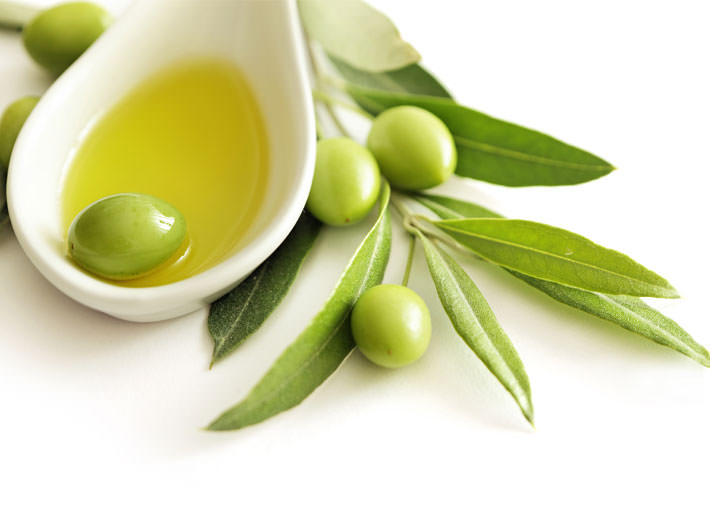What are silicones?
Silicones are synthetic compounds based on silicon and oxygen. Their combination, through various chemical and synthetic processes, forms polymers with large molecular structures.
Depending on the nature of the organic group and the polymerisation conditions, silicones can have a variety of structures and textures, ranging from the most fluid (oils) to the most rigid, through viscous, resinous, pasty or waxy states.
The molecular weight of silicones influences their viscosity and therefore their shape:
- A low molecular weight implies that the silicone has a low number of monomer repeats. These are the most liquid silicones, which take on an oily consistency.
- A high molecular weight means that the silicone has a high number of monomer repeats. This type of silicone is closer to a rubbery texture, such as paste-like materials or waxes.
The term “silicone” does not apply to a specific ingredient, but rather to a large family of compounds with specific properties that are very popular in cosmetics. Silicones are therefore very common in a large number of cosmetic products. The most commonly used silicone in cosmetics is dimethicone (polydimethylsiloxane), which also has applications in medical devices or food as an anti-foaming agent.
Silicones are champions of versatility, offering the flexibility, softness and elasticity that characterise them. Silicones add an undeniable sensorial touch to skincare, with a very velvety, non-greasy feel when applied to the skin or hair. Their degree of volatility determines the sensation of thickness they provide to the touch, which can be a light after-feel, during and after using the product. Silicones are also very widely used in hair styling products. They are able to plasticise hairspray resin, coat the hair fibre, effectively set the style, provide softness, facilitate detangling and give the hair softness and shine.
Silicones have very good sensorial properties but do not guarantee the naturalness of your formulations. Alternatives exist to preserve it.
Synthetic silicone or natural silicone alternative?
Consumer distrust of silicone
In today’s beauty landscape, the quest for silicone-free solutions has intensified, driven by consumer demand for eco-conscious and skin-friendly alternatives.
Consumers are increasingly aware of their consumption of skincare products. They have expressed their distrust of synthetic silicones due to the major constraint of the non-biodegradability of some forms of silicones, which can pollute aquatic environments and marine life. They are more mindful of the ingredients in their beauty products, preferring formulations that are free from potentially harmful chemicals like cyclomethicon, or from non-eco-friendly silicons such as dimethicone.
This is why more and more formulators are willing to replace them with natural alternatives. SOPHIM offers a greener alternative with similar sensorial properties, which can easily be integrated into skin and hair care formulas.
Natural silicone alternatives
SOPHIM, manufacturer of natural emollients, offers you a natural alternative to silicone, Biophytosebum, of olive plant origin, which is a particularly suitable substitute for volatile silicone in your face-, body- and hair-care applications.
Biophytosebum, SOPHIM’s innovative emollient derived from olives, emerges as a versatile ingredient, offering a unique sensory performance without the use of synthetic silicones.
Formulated with Biophytosebum, skincare products achieve a delicate balance between performance and naturalness, enhancing the sensory experience without compromising on quality.
The versatility of Biophytosebum extends beyond skincare; it is equally effective in hair care formulations, providing emollient properties and enhancing the overall texture of the product.
As the beauty industry shifts towards sustainability, Biophytosebum, sourced from olive, stands out as a renewable choice, offering the best silicones-like emollient properties.
In addition to being a natural ingredient, derived from a renewable raw material, Biophytosebum offers various advantages for products dedicated to skin or hair care, and presents benefits in terms of sensoriality.
It is a clear liquid with a non-greasy feel that is easy to spread. Its cushion effect after application reinforces the pleasure in its use.
Thanks to its composition, Biophytosebum provides a silicone-free solution for formulators seeking natural alternatives that deliver good sensory results.






